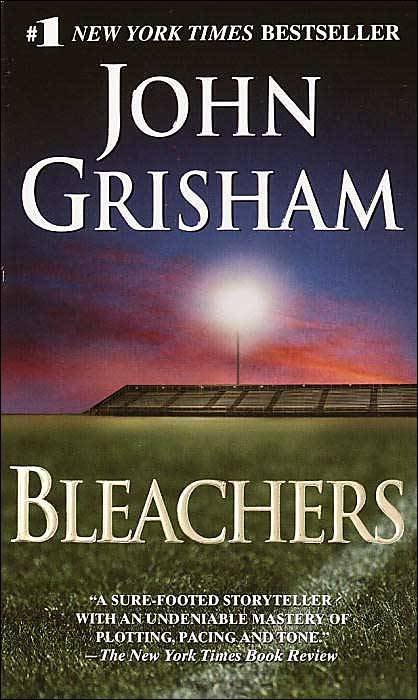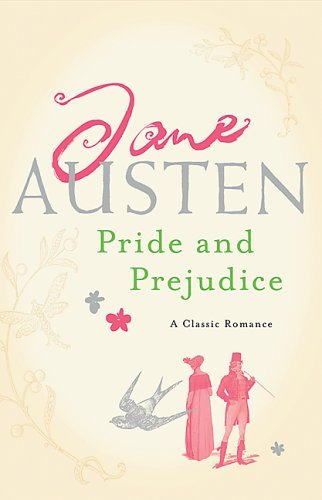
“Broken Quill” is longer and more epic than its predecessor. There’s a car chase. In Perth, Austrailia, a series of atrocities circles around Declan Hale, the Immortal King and Shadowless Arbiter. Declan is being stalked by an unfathomable and seeming unbeatable foe while across True Earth, the Knights Infernal retreat to Ascension City, leaving the world unprotected. After a harrowing battle with Emissary, the one responsible for brutal murders around Perth, Declan leaves Earth to have his questions answered. Sophie and Ethan return from “Distant Star” and Detective Annie Brie joins him on his journey across the literary worlds. From here onwards, it’s epic madness, majestic landscapes, and devastating battles.
Two books in and if there ever was a more apt
theme to assign to this series it would be that while our regrets may be
inescapable, still we soldier on, and mayhaps find redemption along the
road. Declan’s guilt seems to weigh heavily on him, so much so that his
finest ability is his invulnerable liver. But the true arc of our
protagonist is his emotional and mental shift from reactive guilt to
walking on the perpetual road to redemption.
As usual, Ducie illustrates otherworldly
landscapes with a masterful hand. He lends his descriptive powers to a
slew of colourful worlds, strange characters, and vividly depicted
scenes. We glimpse a little of Hale’s past in “Broken Quill”, from his
time as a commander during the Tome Wars. The scene reminded me a little
of Star Trek, maybe Firefly. These flashback scenes
are a treat to watch and spliced within the present narrative gives a
juxtaposing weight to the story, compelling readers to compare Declan’s
situation now with the glory of his past. It accentuates his regrets and
guilt and gives us a deeper insight to his nature.
Ducie teases us with Annie Brie’s character.
She’s an anomaly, an enigma. She shares Ethan’s role in serving as the
reader stand-in for exposition and questions, but she is more
significant than that, but in what ways we don’t know. As a character,
Annie is well-crafted. She is sweet and bold, brave and daring. She is
an excellent companion for Declan, the Amy Pond to his waistcoat-wearing
Doctor. They have chemistry and balance. Her innocence and wonder are
foils to Declan’s deepened cynicism and experience. Whether their
relationship remains platonic is up in the air. Ducie gives evidence for
either direction.
Whether intended by the author or not, I think on a deeper level, The Reminiscent Exile
serves as a poignant metaphor for the metafictional, self-reflexive,
and intertextual nature of pop culture in general, and popular
literature in particular. Like the breadth of popular culture, “Distant
Star”, and more so “Broken Quill”, permits a host of self-referencing
remarks for the reader to catch and literary allusions to its
intertextual predecessors. The notion that Declan and his friends can
pull out aspects from books is a clever reference to real-life authors
borrowing genre conventions and concepts from other authors. But dig
deeper and it gets more complex. The characters take their own reality
and shine a light on it, forcing us readers to question our presumptions
about Declan’s multiverse and the essence of reality. Take, for
example, a conversation Annie Brie has with the protagonist. She remarks
that this “feels as if we’re in a storybook ourselves.” This metafic
snippet made me a little giddy inside. I had a déjà vu moment, reminding
me of the time Roland Deschain and the ka-tet learnt they were
characters in a Stephen King series. I almost expected Ducie’s
characters to learn they were written in a blaze of scotch- fuelled
madness.
The conflict and drama in “Broken Quill” open up
the mythology and universe to the reader. Threads started in “Distant
Star” ascend to the fore in this second novel and set the way for future
stories and future battles. In hindsight, “Distant Star” feels like an
extended prologue placing characters into position and setting the field
for battle. “Broken Quill”, therefore, is the opening salvo of an
inevitable war that has been long in the making.


